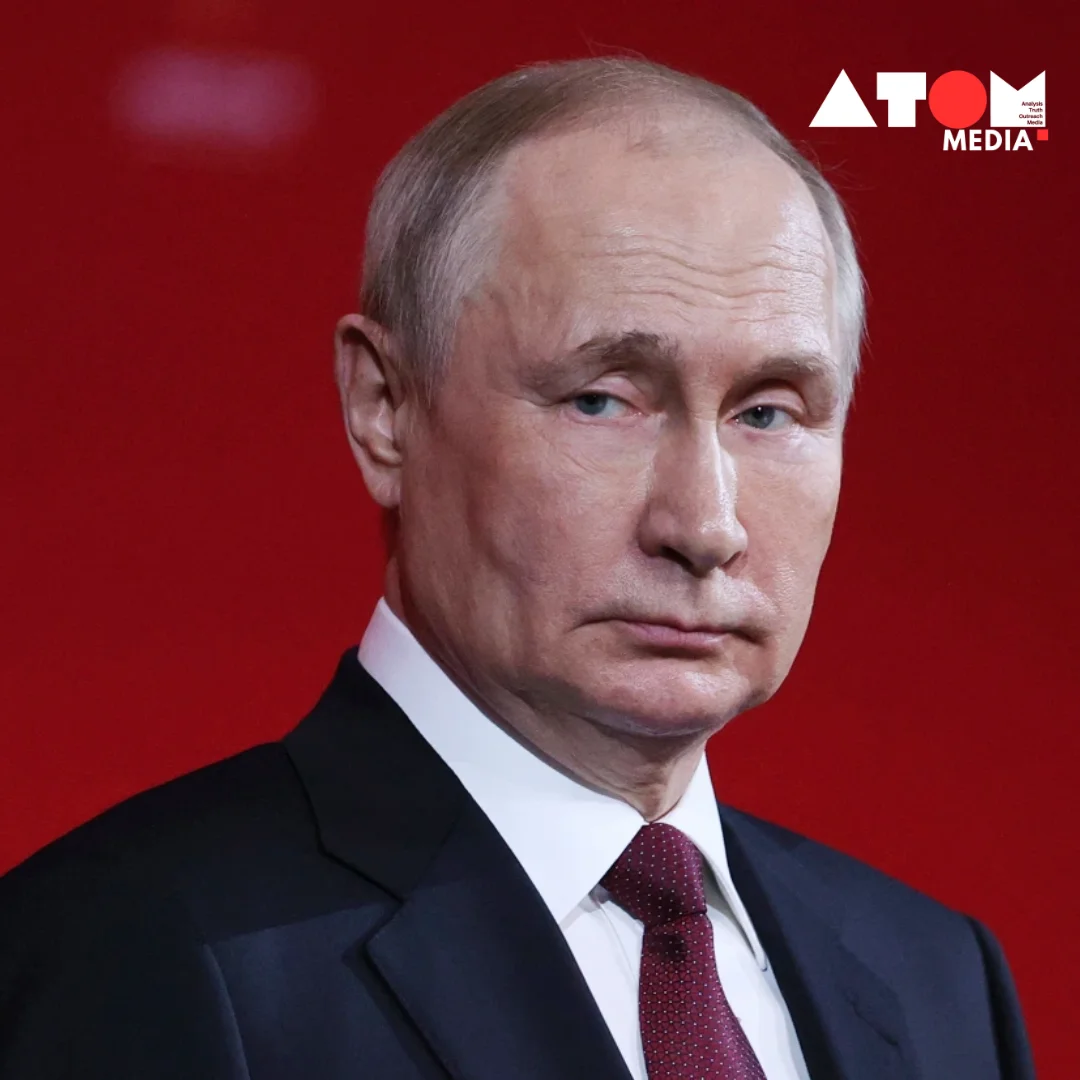Transformation of Black Sea Mansion
In recent developments on the Black Sea coast, a luxury home frequently linked with Russian President Vladimir Putin has undergone extensive renovations, including the addition of a chapel with a throne. The initiative has sparked debate and prompted concerns about the intended goal of the renovation.
Allegations and Denials Surrounding the Property
The property, often known as Putin’s Palace, came to public prominence in 2021 after Russian opposition leader Alexei Navalny issued a detailed dossier attributing it to Putin himself. According to Navalny’s assessment, the home included expensive features such as a wine cellar, a casino, and an ice rink. Despite these suspicions, Putin has repeatedly denied any ownership or association with the Black Sea palace.
Controversial Features and Speculations
Among the renovation’s highlights is a chandelier decorated with red crystals, which was purportedly purchased from the famed French company Baccarat and valued at $1 million. Furthermore, the elimination of previously known entertainment spaces, such as a pole, a casino, and a chamber filled with toy cars and a railway, has raised questions about the refurbishment’s purpose.
Allegations of Corruption and Public Outcry
Navalny’s 2021 exposé claimed that the Black Sea palace was obtained through fraudulent tactics, including an intricate network in which Putin allegedly rewarded his associates with lucrative government projects. These statements sparked considerable public outrage, with thousands of Russians marching to the streets to protest. However, Kremlin spokesperson Dmitry Peskov dismissed Navalny’s allegations as baseless at the time, labeling them as pure nonsense.
Response and Silence from Russian Authorities
Despite the renewed attention brought by the Proekt report, Russian authorities have remained silent on the matter. The lack of official response has only fueled further speculation and debate surrounding the true nature and ownership of the Black Sea mansion. The transformation of “Putin’s Palace” into a church has raised significant questions about the intersection of power, wealth, and religion in contemporary Russia. The alleged connection between Putin and the lavish property continues to be a subject of intense scrutiny both domestically and internationally.
Ongoing investigations and future developments. As the issue surrounding the Black Sea mansion continues, it remains to be seen whether subsequent inquiries will provide more information about its ownership and function. The findings of these inquiries could have far-reaching consequences for Russia’s political landscape and ties with the international world.
Read more: Marketing News, Advertising News, PR and Finance News, Digital News





